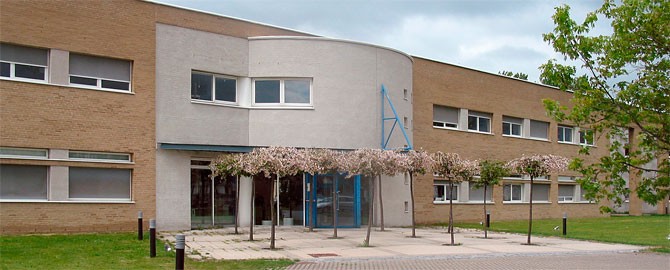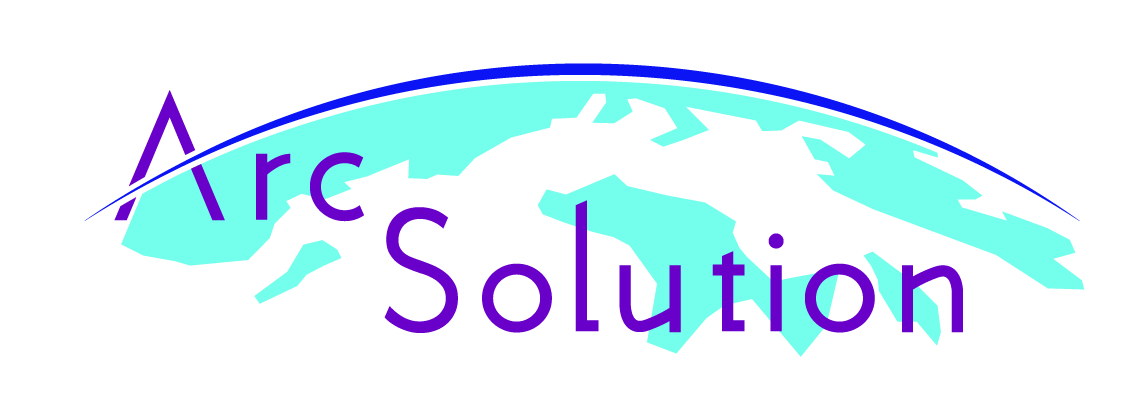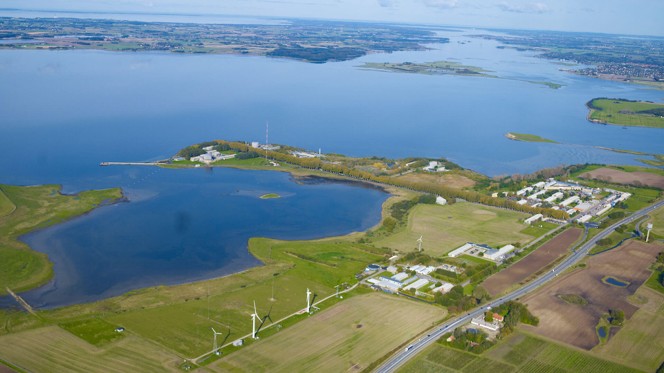We are seeking applicants for a 1-year Post Doc in the field of plastic research in the Arctic, with a focus on marine litter. The position is located at the Department of ECOSCIENCE at Aarhus University in Roskilde, Denmark. Aarhus University provides a vibrant research environment supported by robust infrastructure and extensive collaborative networks.
The candidate will work with sources, occurrences and impacts of plastic and macro-sized litter in the marine environment, focusing on the Arctic and the Subarctic region. The position is funded by the Horizon Europe project ArcSolution, but will also include related activities in other projects. Specifically, the candidate will work with the identification and quantification of the origins of plastic pollution in the Arctic and its distribution in marine ecosystems.
The project will be grounded in field observations and will also examine the impacts of plastics on the marine environment, focusing on interactions between marine animals and plastic debris. These activities will also include a citizen science component to gain a broader data foundation and raise awareness of the issue.
The results will support management measures and policy initiatives to reduce plastic pollution. The position opens to a wide field of collaboration with research institutions, competent authorities, and other stakeholders ensures a comprehensive approach. The goal is to develop a better understanding of plastics in the northern environment that can be used to protect marine ecosystems and mitigate the harmful effects of plastic pollution.
The ArcSolution project has established an early career scientist network that the candidate would be a part of and that encourages networking and scientific exchange and will also expose the candidate to the strong scientific community of 14 partners in ArcSolution.
The candidate’s main tasks will be:
- participation in litter identification in the Arctic
- analysing data and reporting citizen science activities in this context
- presenting results at scientific meetings and publishing in international journals

Expected start date and duration of employment
This is a 1–year position from 1 September 2025 or as soon as possible.
This is a fixed-term position to end on 31 August 2026.
We expect that you have:
- The successful candidate must have a PhD degree or document equivalent qualifications in a relevant field related to environmental sciences, like environmental biology and/or environmental pollution
- The successful candidate must have an internationally oriented research profile within environmental plastic pollution (preferably focusing on macrolitter) as documented by a PhD dissertation and/or research publications
- The successful candidate must have excellent communication and interpersonal skills, to engage productively with researchers and the citizens involved in projects
Furthermore, it is viewed as an asset if the applicants can document
- A track record of research publications of a high international standard that commensurate with the length of the applicant’s academic career
- Experience of participation in national and international research networks
- Knowledge of a Nordic language
- Time spent working in Greenland or other places in the Arctic
- Experience in data analysis and statistical tools

